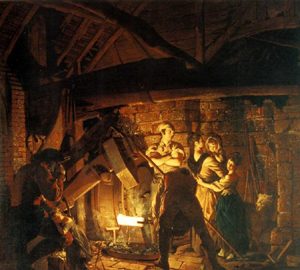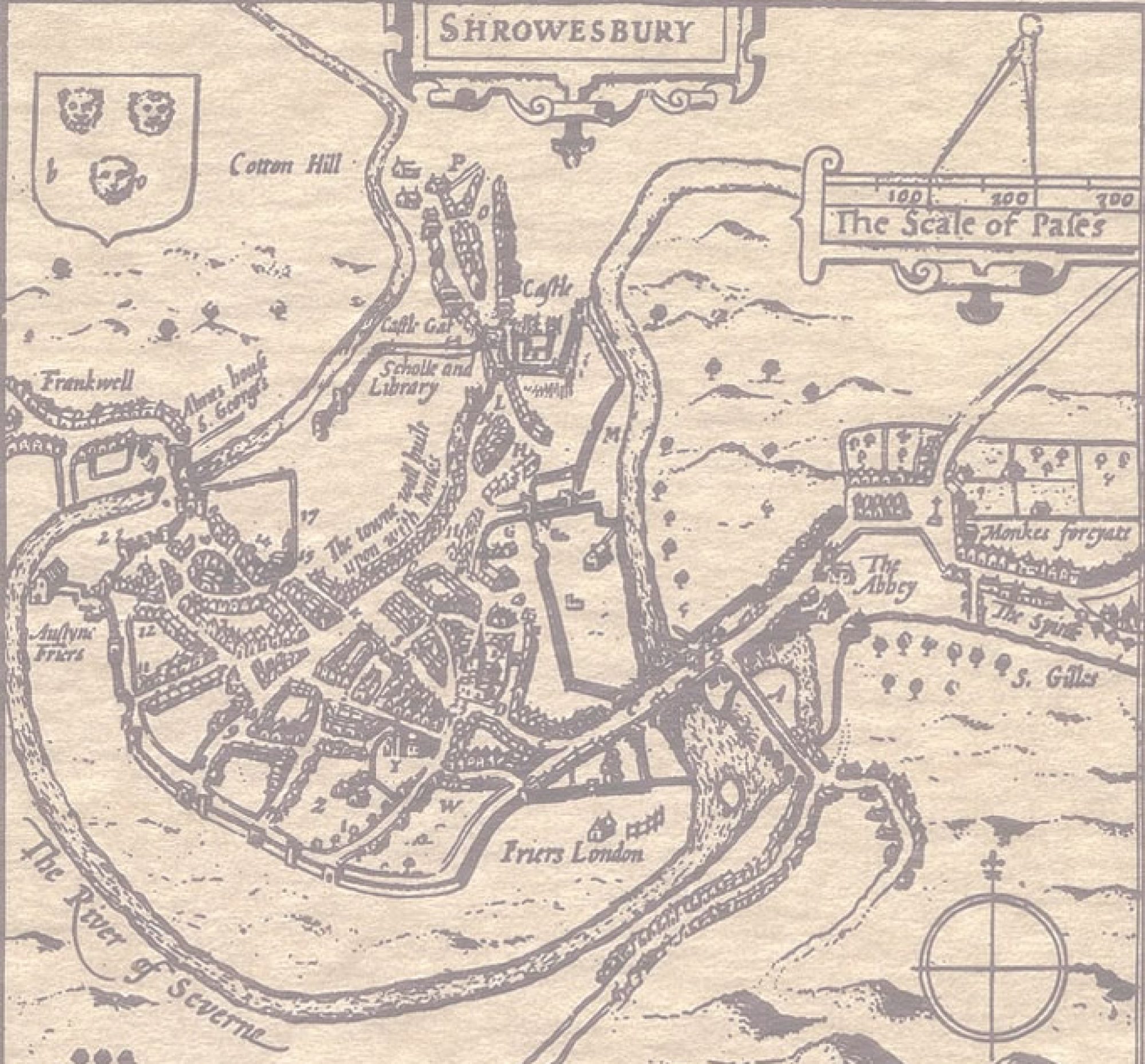It is most unusual for the secular press to comment favourably on religious revivals. This article records one such occasion, brought about by the revival in what is now the Telford area, beginning in 1861. The report is from the April 2nd 1862 edition of Eddowes Salopian Journal. This paper was not normally supportive of what it would term religious ‘enthusiasm’.
‘THE REVIVAL

Few people living outside this gloomy and murky district imagine the extent to which this movement has changed the habits of the semi-barbarous population for the better. Without binding ourselves by a sanction of the means in every instance employed by the chief movers in this affair, it is only just to say that a great reformation has been the result. Instead of that filthy language and those disgusting pursuits which pained and sickened those brought into contact with the colliers and forgemen of the district, you hear and see fruits of a high moral change. Instead of an oath, a refusal and a frown, if one man asks a favour of another, there is a readiness to oblige, and favours are given and little assistances rendered before they are asked for. Such, at least is the testimony on those upon whose authority we can rely.
On Saturday the 22nd, the men at Mr Botfields’s works, at Stirchley, after finishing up the week, held an prayer meeting in the forge. It is a pleasing sight to see those grimy sons of toil, with the dust of the works and the perspiration caused by their fires upon them, bending in perfect recognition of a higher power, and subdued by the gentler influences of religion. In their homes the same change is manifest, and here the revolution is even more complete, for wives and children receive their benefit. “I spent 15 shillings [over £30 at today’s prices] last fortnight in drink,” said one of these in giving his experience at one of these meetings. “This fortnight I only spent 7 pence [£1.25p today] with which my wife bought some small beer [very weak beer that was safer than water to drink], and she and the children have had the difference.”
In the streets you see rough-looking customers with their short pipes, and hear them asking others where they are going to to-night: not, as formerly, to riot and get drunk, but to join their fellow workmen in prayer. Some appear to divide their attentions between their prayer meeting and the night-school, and, down to the ragged urchin on his knees at marbles in the mud, snatches of revival hymns are sung.’
